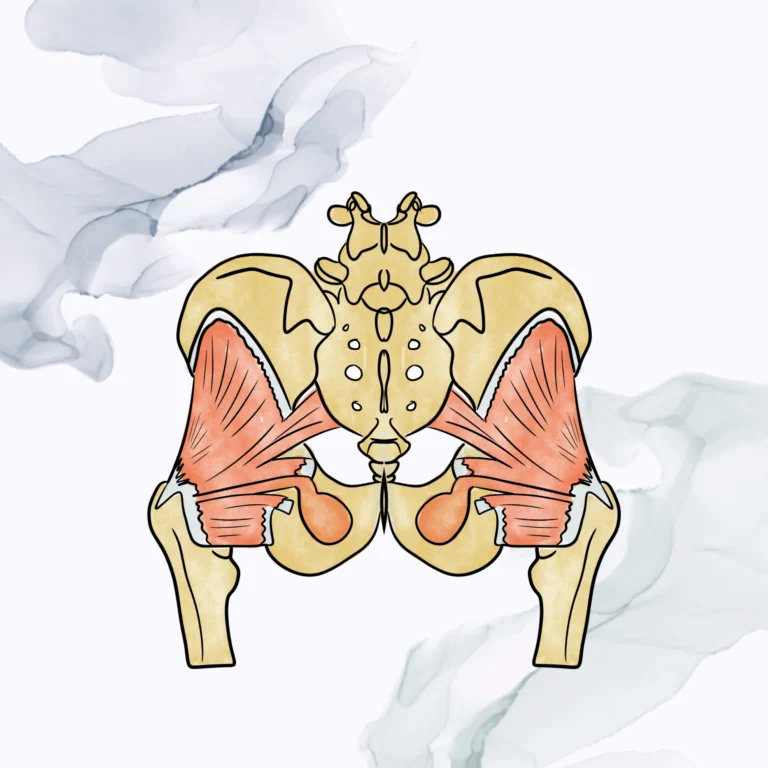The postpartum period—often called the “fourth trimester”—is a time of major physical, emotional, and hormonal changes. While many symptoms are expected during recovery, others may signal that your body needs additional support.
Pelvic floor physical therapy can play a crucial role in helping you heal optimally, regain function, and feel like yourself again.
What to Expect in the Early Postpartum Weeks
It’s common to experience the following in the first 4–6 weeks after birth:
- Vaginal bleeding (lochia)
- Uterine cramping as the uterus contracts and returns to its normal size
- Breast tenderness or fullness
- Perineal soreness from tearing or episiotomy
- Night sweats and temperature changes
- Fatigue and disrupted sleep
- Mood swings or tearfulness (“baby blues”)
These symptoms typically improve over time. If they worsen or persist beyond six weeks, consider speaking with a provider.
Common—but Often Overlooked—Postpartum Symptoms
Some postpartum changes may not be openly talked about, but that doesn’t make them any less real—or any less important to address. These symptoms are common, valid, and treatable. With the right care, you don’t have to “just live with them.”
Pelvic Floor Dysfunction
The pelvic floor undergoes tremendous stress during pregnancy and delivery. As a result, many people experience:
- Urinary incontinence, particularly with coughing, sneezing, or laughing
- Fecal incontinence or urgency
- Pelvic organ prolapse, often felt as vaginal heaviness or bulging
- Incomplete emptying of the bladder or bowels
These symptoms are your body’s way of asking for support—and pelvic floor physical therapy can make a significant difference in recovery.
Musculoskeletal Pain
Lingering pain isn’t something you should ignore or push through:
- Painful intercourse (dyspareunia), often due to scar tissue, muscle tension, or hormonal changes
- Tailbone pain following delivery
- Pelvic or low back pain, especially during movement, lifting, or exercise
These issues are treatable and often improve with targeted pelvic floor and core therapy.
When to See a Pelvic Floor Physical Therapist
Consider scheduling an evaluation if you experience any of the following beyond six weeks postpartum:
- Leaking urine or stool
- Vaginal bulging or pelvic pressure
- Pain with intercourse
- Tailbone, hip, or low back pain
- Difficulty returning to exercise or daily movement
A pelvic floor physical therapist can identify the root cause and develop a personalized recovery plan to help you move and feel better.
You Deserve Full Recovery, Not Just “Getting By”
Postpartum symptoms may be common, but that doesn’t mean you have to live with them. With the right care, recovery can be complete, empowering, and even transformative.
Schedule a Consultation
You don’t need to wait for symptoms to get worse. Book a pelvic floor evaluation today and take the first step toward healing with expert, compassionate care.




